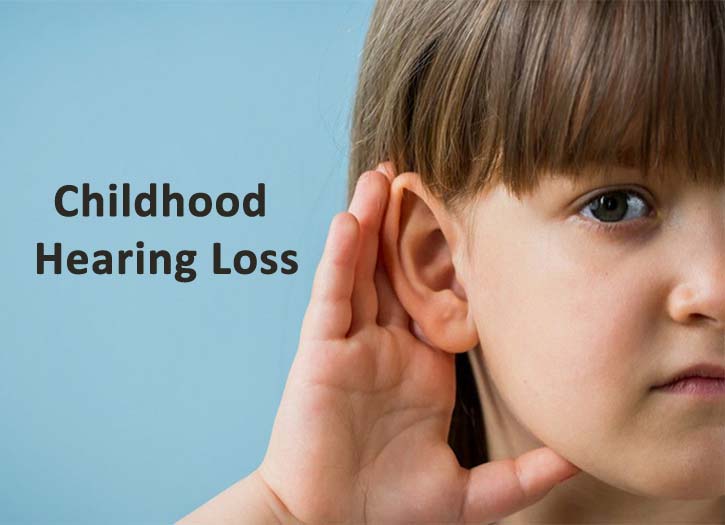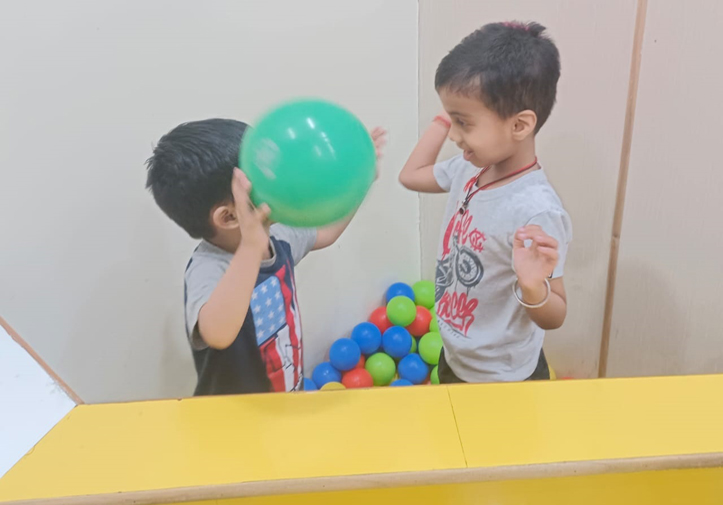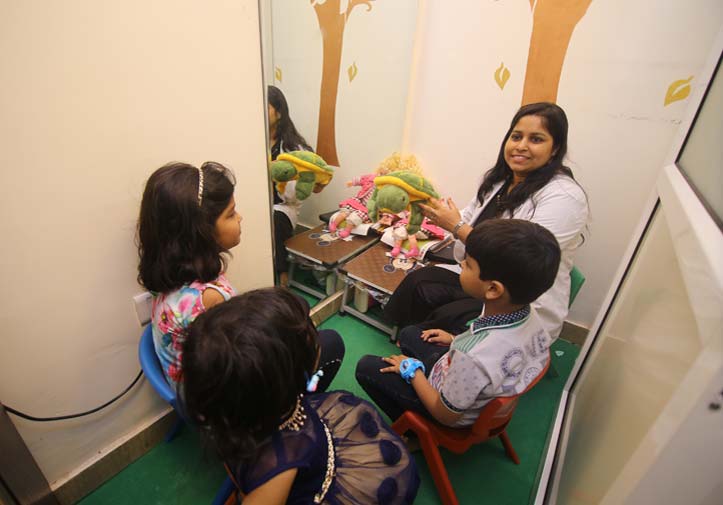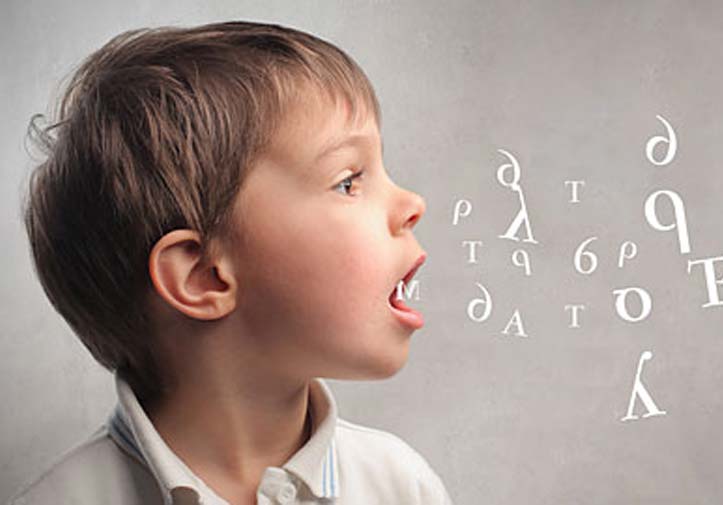- Opening Hours: 10am to 7pm(Monday-Saturday). Sunday on call appointment
- +91-9958309690, 8586929155 Book Appointment

Childhood is a crucial period for language development, and hearing plays an integral role in this process. However, for some children, hearing loss can present significant challenges. In this blog, we will explore how childhood hearing loss affects language development, the consequences it can have on a child's life, and the importance of early intervention and support.
Hearing is the primary sense through which children acquire language. From the moment they are born, babies are exposed to the sounds of language, and they begin to develop an understanding of speech patterns and communication. Hearing loss during childhood can disrupt this natural process in several ways.
One of the most noticeable effects of childhood hearing loss is delayed speech and language development. Children with hearing loss may struggle to acquire language at the same rate as their hearing peers. They may be slower to babble, say their first words, and form complex sentences.
Hearing-impaired children may have a more limited vocabulary compared to their peers with typical hearing. This is because they miss out on crucial language input during their early years. Learning new words and concepts becomes challenging when they cannot hear and imitate the sounds and speech patterns of those around them.
Proper pronunciation is essential for clear communication. Hearing loss can make it difficult for children to accurately hear and produce speech sounds. This can lead to speech sound errors and difficulties with pronunciation, which may affect their ability to be understood by others.
Understanding and using the grammatical rules and syntax of their language can be challenging for children with hearing loss. Forming complex sentences, using verb tenses correctly, and understanding word order may present difficulties.
Communication is not just about expressing thoughts and ideas but also about building connections with others. Hearing loss can hinder a child's ability to engage in social interactions effectively. They may struggle to understand spoken language and participate in conversations, leading to social isolation.
Language is fundamental to academic success. Children with hearing loss may face difficulties in reading and writing, which depend on strong language skills. They may also struggle to follow verbal instructions in the classroom, potentially affecting their overall academic performance.
Language and cognitive development are closely intertwined. Hearing loss can affect a child's ability to think, reason, and problem-solve, as many of these processes rely on language and communication skills.
Children with hearing loss may experience frustration, low self-esteem, and stress due to their communication difficulties. These emotional challenges can further hinder language development and affect their overall well-being.
Childhood hearing loss can have a profound impact on language development, affecting various aspects of a child's life. However, with timely intervention and support, children with hearing loss can overcome many of these challenges and develop strong language skills. It is crucial for parents, educators, and healthcare professionals to work together to ensure that every child with hearing loss has the opportunity to reach their full linguistic potential and thrive in their personal and academic lives.
 Healthy habits to take care of your voice.
Healthy habits to take care of your voice.
 Tips To Follow To Help You Stop Stuttering or Stammering
Tips To Follow To Help You Stop Stuttering or Stammering
 Getting used to new hearing aids
Getting used to new hearing aids
 When should we replace your hearing aids?
When should we replace your hearing aids?
 What Are Hearing Aids?
What Are Hearing Aids?
 Know More About Neurological Stroke Language Disorders!
Know More About Neurological Stroke Language Disorders!
 Advanvement of Technology In Digital Hearing Aids!
Advanvement of Technology In Digital Hearing Aids!
 Autistic Children - How Can Speech Therapy Assist?
Autistic Children - How Can Speech Therapy Assist?
 Stammering - Know About Its Cause And Treatment!
Stammering - Know About Its Cause And Treatment!
 How Speech Therapy Can Help Your Child?
How Speech Therapy Can Help Your Child?